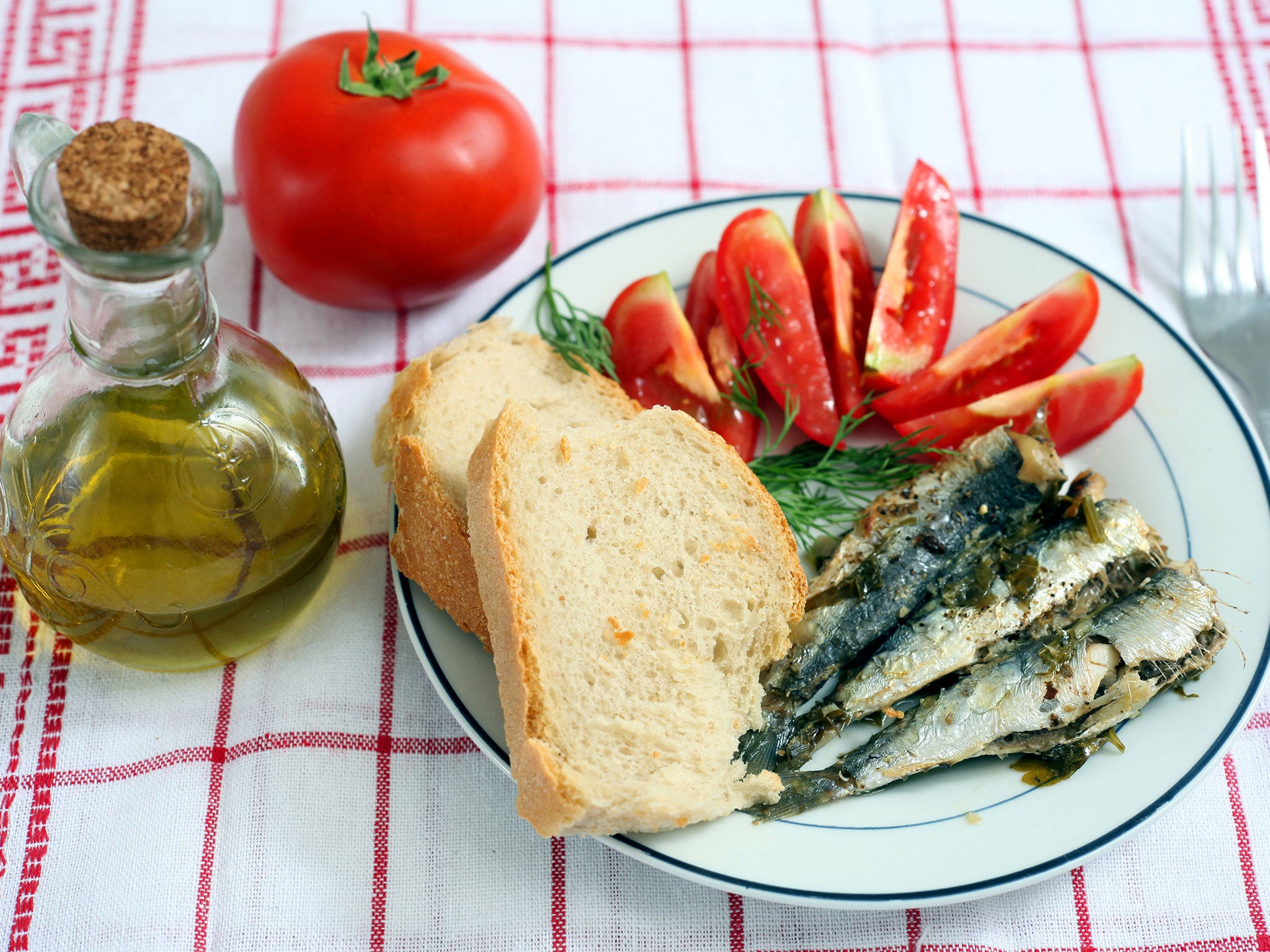Mediterranean diet 'slows ageing' - and could even help you live longer
US researchers found people with this diet showed fewer signs of ageing in their cells

Your support helps us to tell the story
This election is still a dead heat, according to most polls. In a fight with such wafer-thin margins, we need reporters on the ground talking to the people Trump and Harris are courting. Your support allows us to keep sending journalists to the story.
The Independent is trusted by 27 million Americans from across the entire political spectrum every month. Unlike many other quality news outlets, we choose not to lock you out of our reporting and analysis with paywalls. But quality journalism must still be paid for.
Help us keep bring these critical stories to light. Your support makes all the difference.
Eating a Mediterranean diet could be the key to reducing cellular ageing and living longer, a new report has found.
Researchers in the US found those who adhered to a diet based on oily fish, poultry, fresh fruit and vegetables presented with fewer signs of ageing in their cells.
The researchers examined the health of 4,676 nurses for over a decade, analysing the impact of the diet on a component of DNA called telomeres.
Telomeres are stretches of DNA which protect genetic codes, and have been compared to the plastic tips of shoelaces as they keep chromosomes from scrambling. They shorten as a person grows older.
The Harvard-based researchers concluded there was a link between the Mediterranean diet and longer telomeres, which they suggest can be affected by a person's lifestyle.
The report concluded: "In summary, greater adherence to the Mediterranean diet was significantly associated with longer leukocyte telomere length, a marker of biological ageing.
"The results further support the benefits of adherence to the Mediterranean diet for promoting health and longevity."
Dr Mike Knapton, associate medical director at the British Heart Foundation, said the results added weight to the view that the diet could help prevent age-related illnesses such as cardiovascular disease.
He said: "Longer telomeres may partially explain the link between diet and risk of cardiovascular disease.
"These results reinforce our advice that eating a balanced and healthy diet can reduce your risk of developing heart disease."
Additional reporting by PA
Join our commenting forum
Join thought-provoking conversations, follow other Independent readers and see their replies
Comments